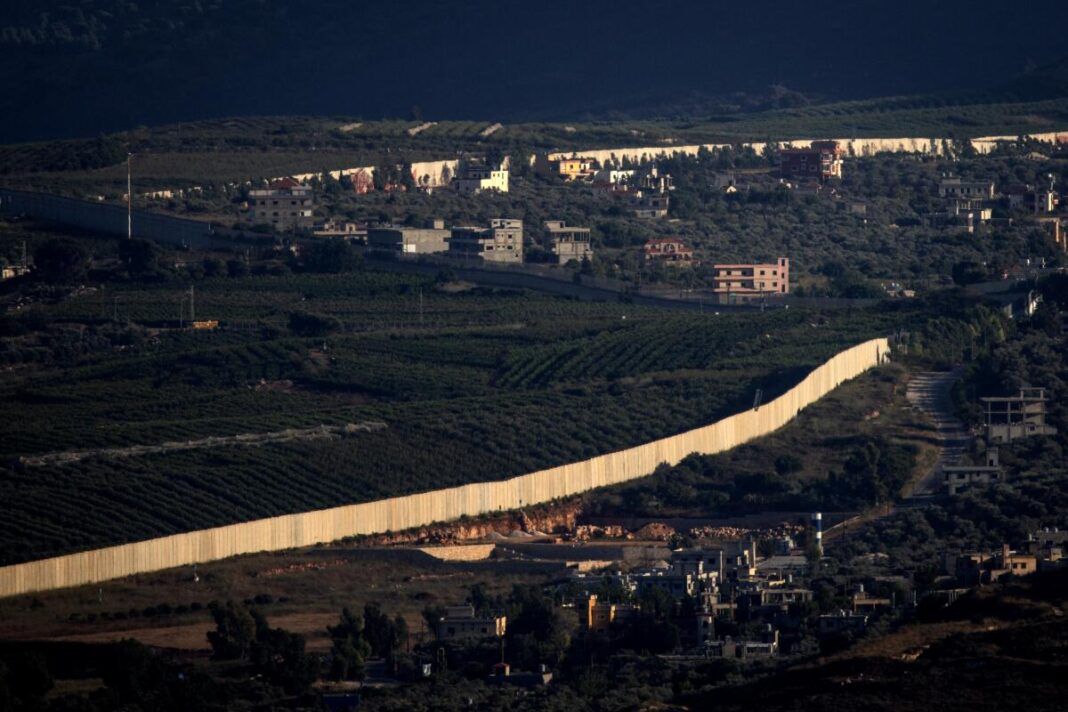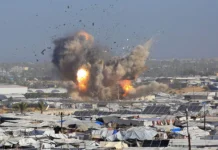Written by Lisa Murimi
Lebanon has announced plans to submit a formal complaint to the United Nations Security Council accusing Israel of constructing a concrete wall that extends beyond the UN-demarcated Blue Line, escalating already tense conditions along the Lebanon–Israel border.
The announcement was made on Saturday by the Lebanese presidency, which described the construction as a breach of sovereignty and a direct violation of UN Security Council Resolution 1701, the resolution that ended the 2006 war between Israel and Hezbollah.
According to Lebanese officials, the wall has rendered more than 4,000 square meters of Lebanese territory inaccessible, blocking farmers and residents from reaching lands near the southern frontier.
Their concerns were reinforced by UN spokesperson Stephane Dujarric, who on Friday confirmed that the United Nations Interim Force in Lebanon (UNIFIL) had requested that Israel halt construction and remove the section believed to extend into Lebanese land.
Israel, however, denies the accusation. An Israeli military spokesperson insisted that the wall remains entirely on Israel’s side of the Blue Line.
The spokesperson explained that construction began in 2022 as part of a broader security upgrade, adding that the northern defenses have been reinforced further since the outbreak of the most recent conflict.
Israel maintains that the barrier is a defensive measure designed to prevent cross-border infiltration and reduce security vulnerabilities.
The Blue Line, drawn by the UN in 2000 after Israel’s withdrawal from southern Lebanon, serves as a technical demarcation rather than an internationally agreed border.
Because of this, disputes over its exact positioning are common, and both sides frequently accuse each other of violations. Still, Lebanon argues that the new wall constitutes a clear infringement on its territorial integrity and undermines the fragile stability maintained by UNIFIL.
UNIFIL, which has operated in Lebanon since 1978, deploys over 10,000 peacekeepers from around 50 countries, supported by approximately 800 civilian staff.
The mission monitors the ceasefire area between the Litani River and the Blue Line, working to prevent hostilities and maintain communication channels between the two sides.
Lebanon’s planned complaint adds to a growing list of border-related tensions, including recent exchanges of fire and disputes over land access. As diplomatic pressure mounts, the UN Security Council may soon be required to address yet another flashpoint in a region already facing multiple overlapping crises.



















